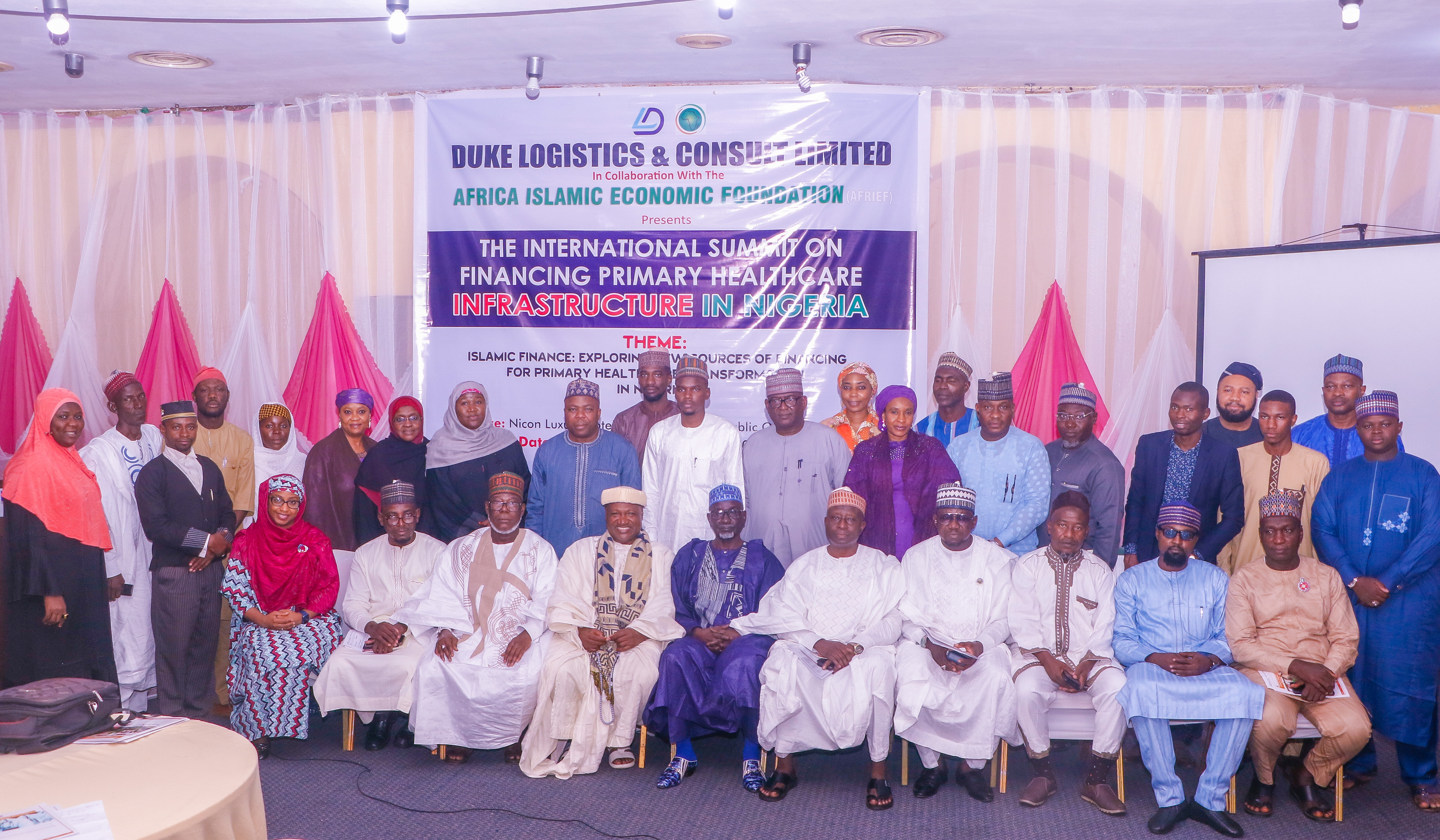Authors: Mohamed Ould Ghazouani, President of the Islamic Republic of Mauritania; Roch Marc Christian Kaboré, President of the Republic of Burkina Faso; Mohamed Bazoum, President of the Republic of Niger; and Ousmane Diagana, World Bank Vice President for Western and Central Africa.
In accordance with the rule and spirit of each of our Sahelian countries, and the conviction that the prosperity of nations and social inclusion in our fragile environments are at stake, education for all has always been at the core of our development strategies.
With the significant strides made over the past 15 years, thanks to our proactive policies, we are hopeful today that all children born in the Sahel can and should have access to schooling. This will allow them to achieve their dream of a better future, to become model citizens, and to contribute to the prosperity of their nations. Between 2005 and 2018, the number of children in school in the Sahel virtually doubled at the primary level, increasing from 5.9 to 10.8 million. At the secondary level, enrollment increased more than threefold, rising from 1.4 to 4.6 million. The future of our common space rests on the slender shoulders of the children and youth of the Sahel who have completed their education and training. It is important to note and to celebrate the fact that this group includes an increasing number of young girls and women, who are not only no longer exposed to the risk of child marriage or sexual violence, but are emerging as development actors within their communities.
The progress made in education for our children comes at a significant cost to the budget, yet such a commitment is indeed necessary. Unfortunately, however, the need for significant budgetary outlays has led to a drop in the quality of learning outcomes. This is a call to action and we have marshaled our efforts to address this situation. Responding to the requirements of the education sector in the face of demographic pressure will require sustained investments in the construction of infrastructure, the recruitment and training of additional teachers, and the acquisition of teaching materials and tools. In the Sahel region, where almost one million new children start school each year, the race against the clock is never-ending.
In order to capitalize on these achievements, our countries need to provide quality education for all and to develop competencies in each and every child.
The World Bank’s White Paper on the Sahel, published today, notes that around nine out of ten students fall short of the required standards for reading and writing at the end of primary school. Two out of five Sahelian school children fail to complete their primary education. This points to the vexatious issue of school dropout rates, which serve only to worsen inequalities in a context where the majority of our people have to contend with extreme precarity and where the opportunity cost incurred by enrolling their children in school is quite significant, even where education is free.
The security challenges and the impacts of climate change and the Covid-19 pandemic have served only to increase the problems of student learning, while impeding the development of a quality and inclusive education system that is equitable for all.
In view of these findings, we, the leaders of the Sahel, meet on December 5, 2021 in Nouakchott, along with representatives of the World Bank, to make the decisions required to drive education reform over the next five years.
Maintaining hope, going further
The actions that we take to respond to these challenges must be coordinated and integrated from the early childhood level through to continuing education for young adults. Some of the achievements made in our countries remind us that success is indeed within reach. The implementation in both Burkina Faso and Niger of accelerated learning strategies, in conjunction with bridging classes, has allowed thousands of young people who were failing at school to resume their education and acquire core competencies. The establishment of school management committees in Mauritania has increased the involvement of parents in school management. A mobile payment system was launched in Chad in 2018, with the support of the World Bank, for the remuneration of community teachers, who comprise 60 percent of the teaching staff at the primary level. This innovative program has served to improve the attendance record of teachers, while enhancing their commitment to their profession. Thanks to the adoption of a dynamic public-private partnership model, the secondary school enrollment rate in Mali has increased by 2.5 times since 2000.
Systems such as these have proven their effectiveness. We must therefore redouble our efforts in this regard to find lasting solutions to the issue of quality education. We also need to do more to advance equity and to ensure a more prominent role for women, who remain poorly represented in decision-making positions in our schools. However, even as we implement urgent interventions, we should not lose sight of our long-term vision for better governance of the education system as a tool to sustainably strengthen our schools.
The first action step is to leverage quality education. With this in view, we will boost support to our teachers, by providing training and enhancing the status of the profession. They will be equipped with technological and teaching tools, and work with modern and suitably adapted school curricula. We will also support our teachers by improving early childhood development to ensure that children moving on to primary school meet all the necessary entry requirements. The investments in this area are designed ultimately to improve students’ education outcomes and to ensure that the progress of all Sahelian children can be effectively monitored. In practical terms, the system for assessing students’ learning should be able to provide an early indication of potential cases of students at risk of failing or dropping out altogether. Support will be provided to government teams to help them promote greater inclusiveness and security in the schools under their purview. An independent inspection system will monitor improvements in the condition of schools.
The second action step is to leverage budgetary support. Notwithstanding the increase in our education expenditure in recent years, we need to go further than the 3 percent of GDP currently allocated to this area, a figure that is still too low when compared with the average of 4 percent for the continent as a whole or the international benchmark of 6 percent. In order to achieve our goal of reforming the school system, we will have to enhance our support to families so as to ensure that education is seen as an investment and not merely as an expense. It is also incumbent on us to ensure, in conjunction with the relevant territorial authorities, that our schoolgirls and schoolboys receive quality nutrition, that their educational progress is monitored individually, and that school facilities and teaching tools are properly adapted to their needs. Sahelian children spend around six years of their life in school, compared to more than eight years for Sub-Saharan African children and 13 for young people in Europe. These six years of schooling are spent in such difficult conditions that they represent just slightly more than three years of enrollment in a quality education system. This figure has to be improved significantly and in short order.
Finally, the renewal of the school system must be based on an integrated approach, involving all stakeholders in administration, the private sector, the communities, parents, and teachers, and must consider the school system in its entirety. Funding will take account of and encourage best practices, with a view to promoting a virtuous circle in which each school is driven to implement the best possible conditions for quality education. This is the same sense of community that brings the governments of our five countries together and drives us to act in close coordination. Our technical education institutes can learn a lot from each other and by joining forces we certainly stand to improve our results considerably.
A number of emerging countries have shown the importance of investing first and foremost in schools when preparing for the future. Concerted and courageous action by our countries in this sector, in close collaboration with our international partners, will yield immediate positive and long-term results: well-trained young people who have confidence in themselves are the surest foundation on which to build shared prosperity for our countries.
This op-ed was originally published by Jeune Afrique, via World Bank





 TRENDING11 months ago
TRENDING11 months ago
 PROFILE9 months ago
PROFILE9 months ago
 BUSINESS & ECONOMY3 years ago
BUSINESS & ECONOMY3 years ago
 BUSINESS & ECONOMY3 years ago
BUSINESS & ECONOMY3 years ago
 BUSINESS & ECONOMY3 years ago
BUSINESS & ECONOMY3 years ago
 HALAL ECONOMY10 months ago
HALAL ECONOMY10 months ago
 BUSINESS & ECONOMY2 years ago
BUSINESS & ECONOMY2 years ago
 BUSINESS & ECONOMY3 years ago
BUSINESS & ECONOMY3 years ago


